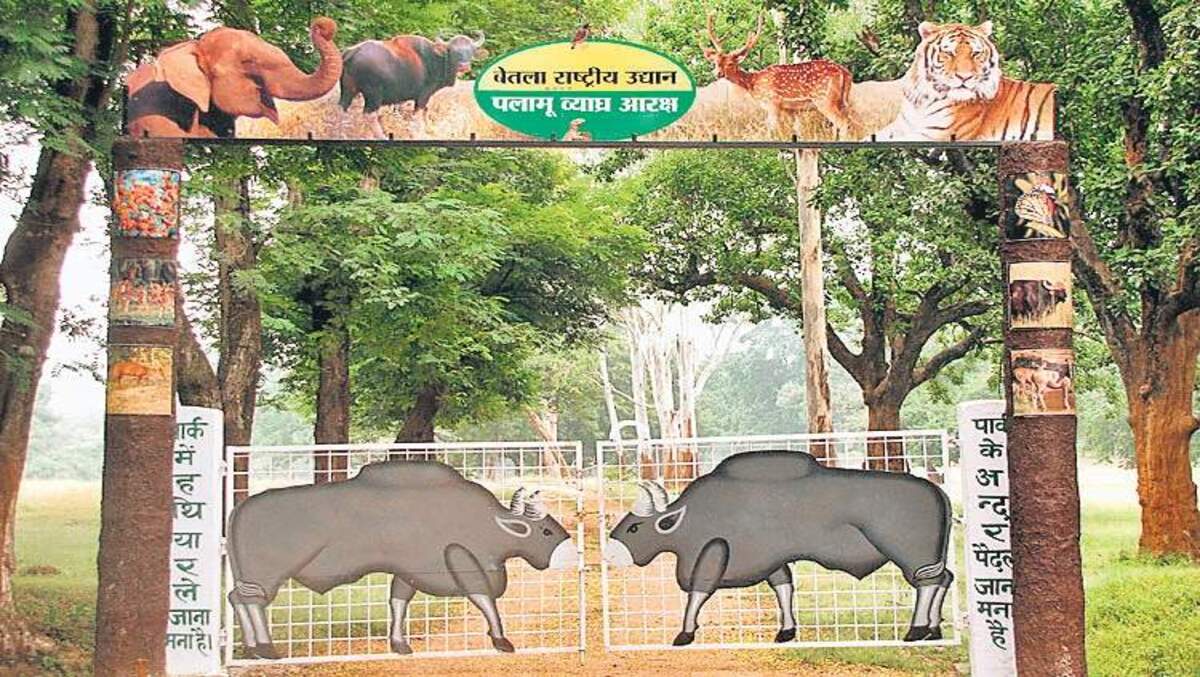Empowering Ladakh: Legal Safeguards for Culture, Jobs, and Representation
Context
After the abrogation of Article 370 in 2019, Ladakh was carved out as a Union Territory without a legislature, unlike Jammu & Kashmir. This transition raised long-standing concerns among Ladakhi civil society over loss of legislative autonomy, threats to cultural identity, and job insecurity. To address these demands, the Central Government introduced five new regulations in 2025, aiming to provide a tailored governance framework for the region.
Key Features of the 2025 Regulations
1. Domicile-Based Government Job Reservation
Regulation: Ladakh Civil Services Decentralization and Recruitment (Amendment) Regulation, 2025
-
Introduces domicile-based reservation for government jobs in Ladakh.
-
A person is considered a domicile if:
-
Resident of Ladakh for 15 years, or
-
Studied for 7 years and appeared in Class 10 or 12 in Ladakh, or
-
Child of a Central Government employee serving in Ladakh for 10 years, or
-
Spouse or child of a Ladakh domicile.
-
2. Domicile Certificate Issuance Procedure
Regulation: Ladakh Civil Services Domicile Certificate Rules, 2025
-
Specifies process and required documents for applying for a domicile certificate.
-
Tehsildar will issue the certificate; Deputy Commissioner will serve as appellate authority.
-
Applications can be filed both online and offline.
3. Expanded Reservation in Education and Jobs
Regulation: Union Territory of Ladakh Reservation (Amendment) Regulation, 2025
-
Total reservation for SC, ST, OBC, and other backward classes capped at 85%, excluding 10% EWS quota.
-
Reservation extended to professional institutions, including engineering and medical colleges.
-
Earlier, educational reservation was limited to 50%, now increased to 85%.
4. Promotion of Local Languages
Regulation: Ladakh Official Languages Regulation, 2025
-
Recognizes English, Hindi, Urdu, Bhoti, and Purgi as official languages.
-
Provides support for Shina, Brokskat, Balti, and Ladakhi for cultural preservation.
5. Women’s Reservation in Local Governance
Regulation: Ladakh Autonomous Hill Development Councils (Amendment) Regulation, 2025
-
Reserves one-third of seats for women in both Leh and Kargil Hill Development Councils through rotation.
-
Aims to enhance gender representation in local decision-making.
Significance of the New Legal Framework
-
These regulations form the first tailored administrative structure for Ladakh post-2019 bifurcation.
-
Reflect a shift from previously applied J&K laws like the Reservation Act, 2004 and Recruitment Act, 2010.
-
Serve as an executive alternative to Sixth Schedule autonomy, without requiring constitutional amendment.
-
Address core local concerns: jobs for locals, language preservation, gender inclusion, and transparent recruitment.
Long-Standing Demands and Concerns of Ladakh
1. Demand for Sixth Schedule Status
-
Ladakhi groups demanded inclusion under the Sixth Schedule, which offers constitutional autonomy and protection through autonomous district councils.
-
Demand backed by the fact that over 90% of Ladakh’s population belongs to Scheduled Tribes.
2. Loss of Legislative Autonomy
-
After becoming a UT, Ladakh was placed under direct Central rule, unlike J&K which has a legislative assembly.
-
Raised concerns over reduced local decision-making powers.
3. Fear of Cultural and Ecological Erosion
-
Citizens feared exploitation of tribal identity, fragile ecology, and natural resources due to increasing external influence and lack of constitutional safeguards.
Limitations of the New Regulations
1. Lack of Constitutional Protection
-
Regulations are framed under Article 240, making them executive orders, not constitutional provisions.
-
These can be amended or withdrawn unilaterally by the Centre, unlike the Sixth Schedule which offers permanence.
2. No Land Ownership Safeguards
-
Regulations do not restrict non-domiciles from purchasing land in Ladakh.
-
A significant gap in a region with high ecological sensitivity and limited land resources.
3. Absence of Legislative Authority
-
The Ladakh Autonomous Hill Development Councils (LAHDCs) remain administrative bodies with no law-making powers.
-
In contrast, Sixth Schedule bodies have legislative control over land, forests, customs, and education.
4. No Implementation Roadmap for Language Use
-
While local languages are recognized, there's no framework for their integration into education, governance, or judiciary.
-
May remain symbolic without institutional backing.
Conclusion
The 2025 regulations reflect a serious attempt by the Centre to meet Ladakh's region-specific needs by protecting jobs, culture, and gender rights. However, the absence of constitutional safeguards, land protection, and legislative autonomy limits their long-term impact. For sustainable governance and inclusive development, Ladakh requires a comprehensive legal and institutional framework, potentially aligned with Sixth Schedule provisions.




Comments (0)